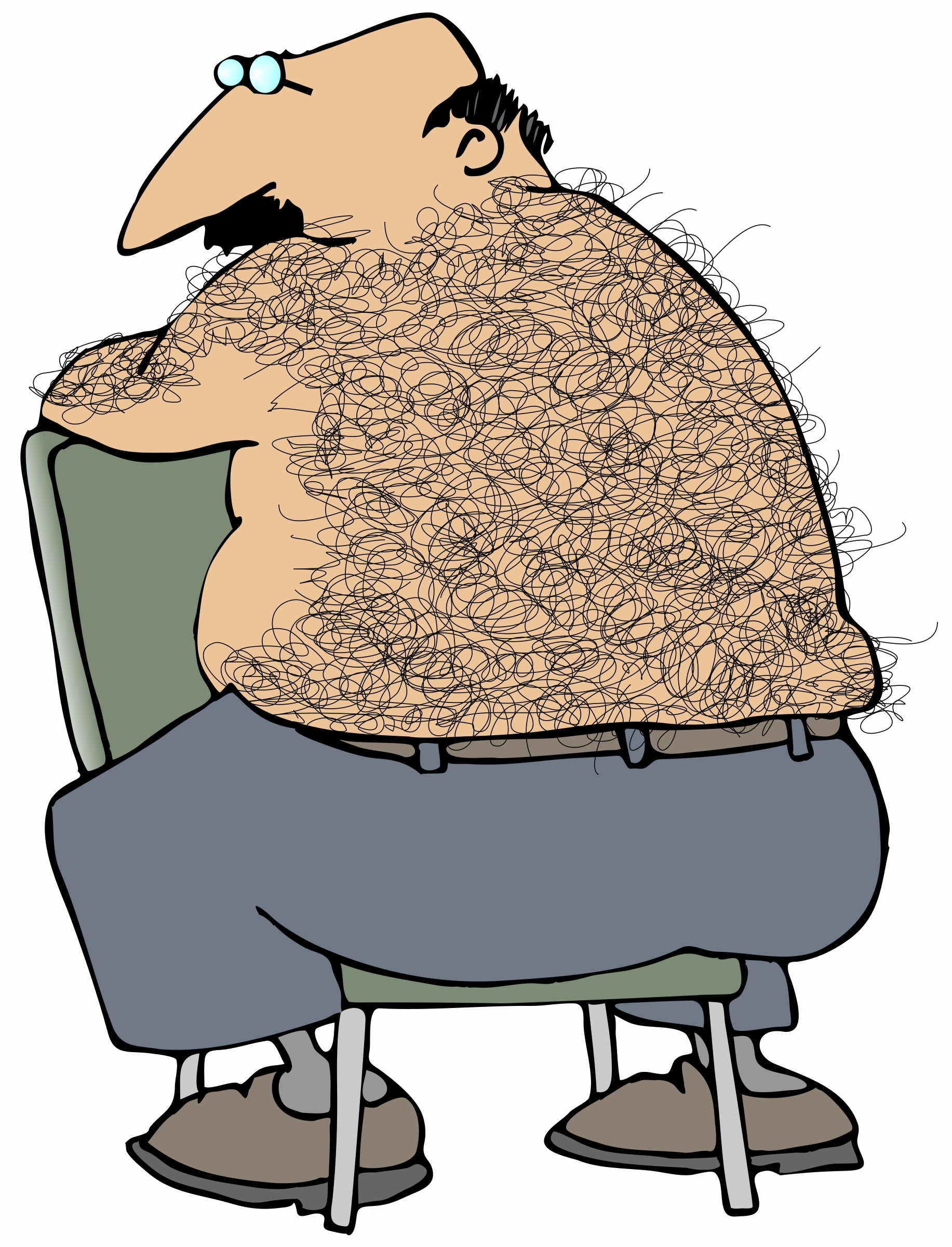The Medical Board’s new scheme to snip doctors’ hair for drug testing will hurt their pockets more than a posh hair salon, as they face payments of up to $3300 a year. Hair testing kicked in last month for all doctors with restrictions on their registration due to drug abuse, as a way of detecting […]
The Medical Board’s new scheme to snip doctors’ hair for drug testing will hurt their pockets more than a posh hair salon, as they face payments of up to $3300 a year.
Hair testing kicked in last month for all doctors with restrictions on their registration due to drug abuse, as a way of detecting drug use over a longer period than urine tests.
These doctors are now required to keep their hair at least 4cm long – or at least their body hair – for testing every quarter.
In many cases, the hair testing will be in addition to urine testing, with a quarterly cost of $825 to the doctor.
“Screening may be inconvenient, intrusive and expensive, however the board’s priority is to protect the public,” the board states in the new screening protocol released last week.
A hair sample the width of a pencil will be cut close to the scalp, 4cm in length.
A Medical Board spokeswoman confirmed that head hair would be the first preference for testing, but that testing 4cm-long body hair was also an option.
Bleaching, dying or perming hair would not interfere with the test, the protocol states. Eating poppy seeds could trigger a positive result, but would not be accepted as an excuse she said.
If a doctor fails to keep an area of hair 4cm in length, the board will consider launching disciplinary action.
That exact situation occurred in December last year, after a Canberra anaesthetics registrar styled his hair in a crew cut, received a Brazilian wax of his pubic hair, and also waxed his underarm hair.
The registrar had a history of propofol abuse and had been trying to avoid detection of recent fentanyl abuse when he removed his hair. He was suspended from practising in anaesthesia for two years.
The new scheme applies to all health practitioners. Hair testing can detect a wide range of drugs, from benzodiazepines and amphetamines, to more modern designer stimulants.


